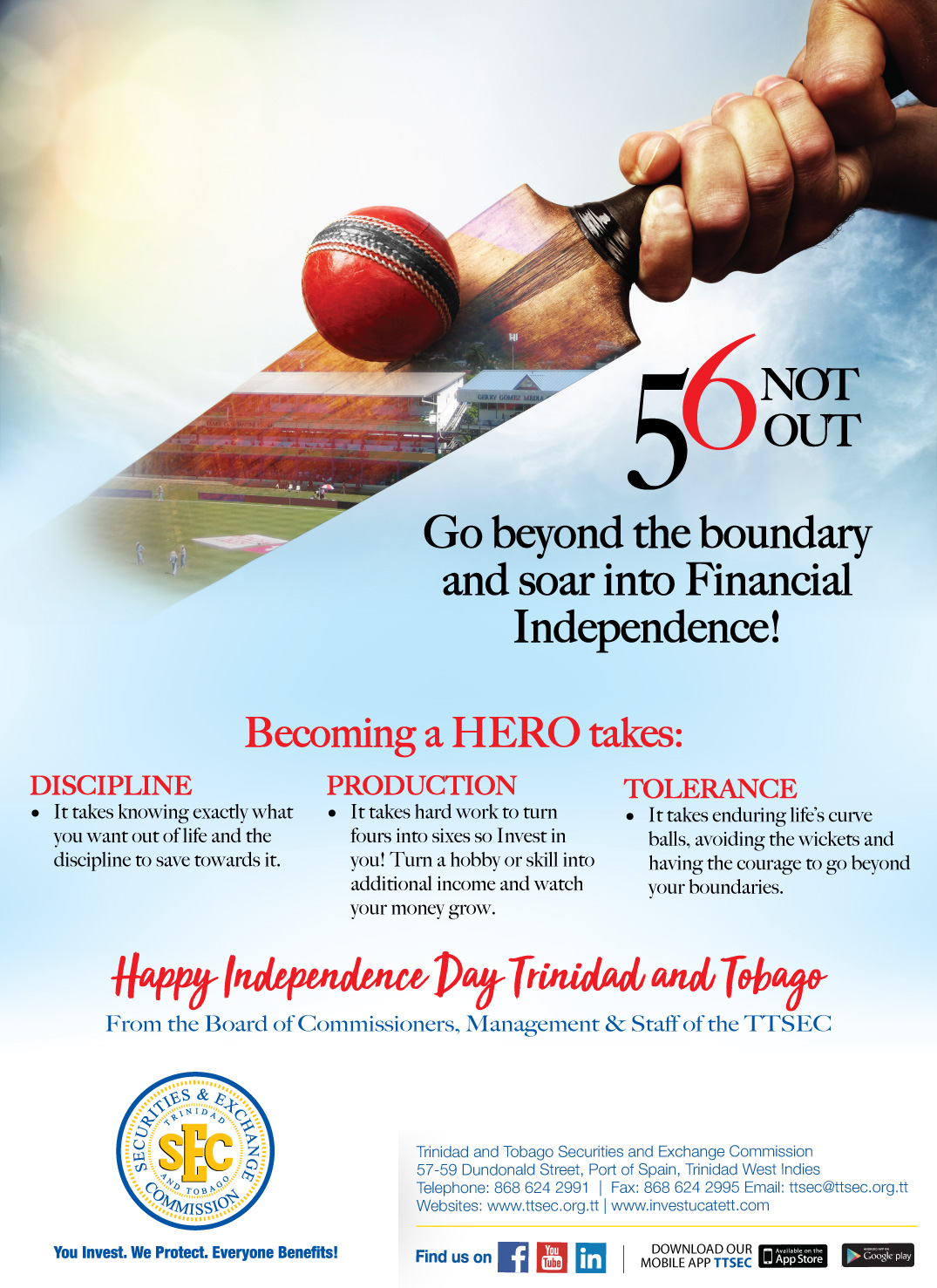“I want to be financially independent.”
That’s a goal that many aspire towards, but do we really understand what that means? What does being financially independent mean to you?
According to the experts, ‘financial independence’ means having enough money to cover all your expenses, without relying on income from employment; It can be considered the moment when your investments start paying more than your expenses.
But how do you attain financial independence? Here are a few things to keep in mind, as a guide towards achieving financial independence.
- It is a mind-set
You need to be honest with yourself and get a few things clear in your head. Answer these questions. Write it down.
- What does financial independence mean to you?
- What does your current financial situation look like? Income vs. Expenses.
- Map out a series of goals that will help you to become financially independent – It will not happen overnight, so set small goals along the way.
“Setting goals is the first step into turning the invisible, into the visible” – Tony Robbins
- Conduct a realistic assessment of the obstacles in your path
- What are you willing to give up to get where you want to go? Understand the concept of Delayed or Deferred Gratification. It means being willing to sacrifice now in order to provide for a better life for you and your loved ones in the future.
- Recognise that: Income is not wealth
Most people believe that the key to wealth is a high-paying job. The true secret to increasing your net worth is to spend less than you make. Wealth is essentially the part of your net worth (assets minus liabilities) that generates capital gains, income, and dividends without your labour.
On the other hand, if you have a portfolio of private businesses, car washes, parking garages, stocks, bonds, mutual funds, real estate, and other cash generators, you could possibly relax and sit by the pool, once you vow to always save money no matter your income. The real value here, is that you could maintain your lifestyle even if you were disabled or unable to continue working at your primary occupation.
The level of your wealth should be measured by the length of time you could maintain your standard of living without an additional paycheque.
- Keep your business and career moving forward
Working on advancing your career is like investing in yourself. It’s one of the best ways to get a good return on your investment, whether you are salaried or self-employed. You can keep your career moving forward by keeping your work skills sharp, and increasing your value to your employer. If you are self-employed, it means steadily working to keep your business moving up to the next level.
- Set up an Emergency Fund
If you have been living paycheque-to-paycheque, your first savings goal should be to create a safety net. You can do that by creating an Emergency Fund.
- In order to grow your wealth you must have surplus funds to invest – Save to Invest
Do small things every day to cut your expenses, generate extra income (entrepreneurship), ensure you have insurance and take advantage of your claims and benefits; invest in stocks, bonds and mutual funds, and tax-deferred retirement accounts. The earlier you start, the better. You should also recognise that taxes account for a lot, so ensure you claim on your taxes annually, as well as account for them upon retirement.
Additionally, just as you would diversify your investment portfolio, you should also diversify how you make money. Both the economy and the job market are not as stable as it used to be so you have to be prepared to ride the ups and downs within the economy.
The only way to take advantage of investment opportunities, and grow your wealth is to have the money to invest. Remember to always consult a registered investment adviser before making any investment decision for you and your family.
Adapted from:


